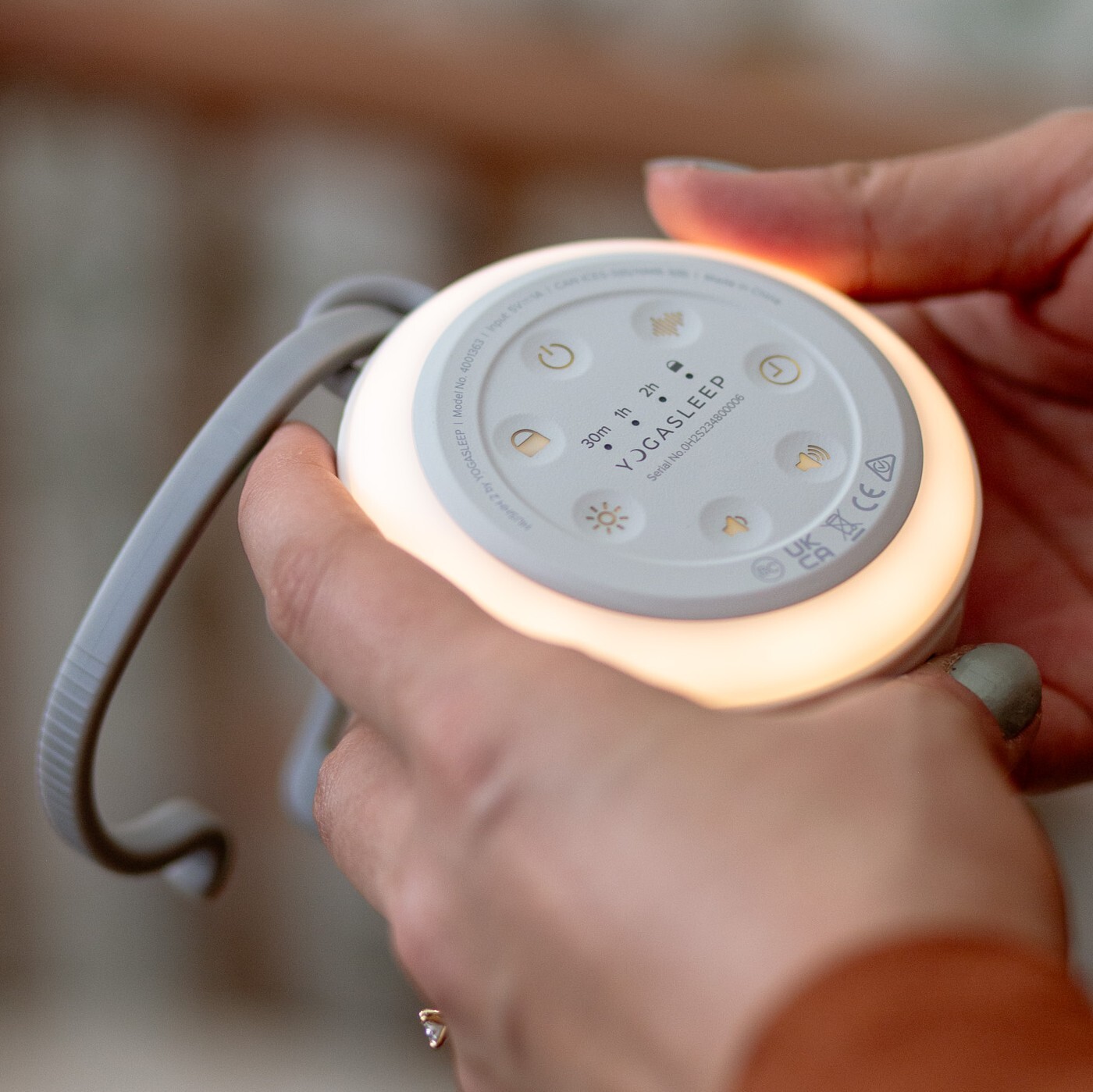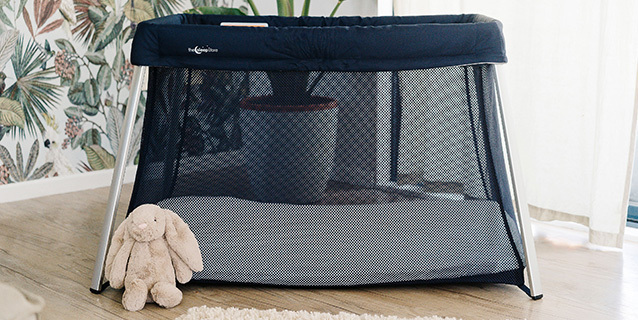Your little one has been sleeping like a dream...off to sleep on their own and sleeping through the night, then BAM, they get close to 18 months and their sleep goes out the window! Annette Faamausili, Baby & Child Sleep Consultant and owner of Serene Sleep explains the regression and how to combat it so you can get so sleep quickly.
The 18 Month Sleep Regression - What to Do When it Strikes
What is a Sleep Regression?
A sleep regression can seem like it comes out of nowhere. One moment your little one is sleeping well and then seemingly out of nowhere, they start refusing to sleep, waking up often during the night, or waking up and failing to go back to sleep. If you are experiencing any of these sleep signals then you are probably in the throes of a sleep regression. In simpler terms your toddler is striving for independence on all levels. These periods of regression commonly occur at 4 months, around 8-10 months, and 18 months. At all other times, you might experience the odd night of disrupted rest. Unfortunately a sleep regression can go on for much longer than just one night.
What Causes the 18 month Sleep Regression?
A lot is happening within your toddler's body and mind at this age. They are going through a big development stage, so any and all of these changes can contribute to sleep issues.
- Your Toddler Is More Active
Your child is becoming more active mentally and physically as they learn to walk and talk. All this extra stimulation can make it hard for them to transition from “busy time” to sleep time especially if they've learnt a new physical skill like running or climbing. - Separation Anxiety May Peak
Being worried about being away from mum or dad often starts much earlier. But, it does tend to peak around 18 months. - Your Child Is Becoming Independent
Your little one is learning new skills all the time. Most we are proud of, but some are not so great! As they become more able to communicate and do a few things for themselves, they realise they can say no! This is where you will see them trying to exert control, resulting in the infamous bedtime battles. An example of that is the Cause & Effect scenario where your child realises they can make things happen by exhibiting certain behaviours. - Under Or Overtiredness
Too much sleep during the day can interfere with bedtime. So, it may be time to transition your toddler to one nap. Conversely, not enough sleep causes extra crankiness and sleep refusal, creating a vicious circle of an overtired, cranky toddler!
How Can I Deal with the 18m Sleep Regression?
Many parents find this sleep regression the hardest to handle as it can require a more measured approach that the preceding phases did not. How you deal with this phase is important. You need to make a plan that works for your family and aligns with your parenting styles. Keep in mind that it does set boundaries for future behaviour for your increasingly independent toddler! With that in mind, try to...
Be Consistent
As much as possible, try to stick to the normal bedtime routines that have worked before. As tempting as it is, try not to enter into negotiations or stray away from the routine you have set. If your little one realises they can negotiate with you, they might just keep on doing so! Set reasonable boundaries and keep your pre-sleep routines simple, relaxing and familiar.
Offer Choices
To accommodate your child’s increasing independence, try giving them a sense of control over some aspects of their bedtime routine. You can let them be in control of some big decisions! For example, they can choose which PJs they sleep in and which books you should read.
Give Reassurance
If you suspect separation anxiety is part of the issue, spend extra time snuggling and playing calmly with your child leading up to bedtime. Reassure them that you will be there when they wake up in the morning.
Promote Sleepiness
- Leading up to bed or nap time, make sure you encourage quiet play and reduce the time spent in front of a screen.
- Make sure your toddler has had enough awake time prior to a nap or bedtime to ensure they have enough sleep pressure to fall asleep quickly.
- Make sure their room is dark enough, play white noise and keep sleep rituals clear and consistent.
Hot Tip!
It is believed that physical activity taken 3 hours before bedtime can help promote deeper more restorative sleep over night. Try getting your toddler out to the park or beach for a run around in the fresh air, it really does work wonders.
Further information on toddlers & self settling
The Sleep Store has a number of resources for toddler sleep, including articles and books available for purchase. You can also join our supportive Facebook group of parents and sleep consultants in our Toddler Sleep Support Group. Rest assured, you're won't be the only parent dealing with a regression!





















